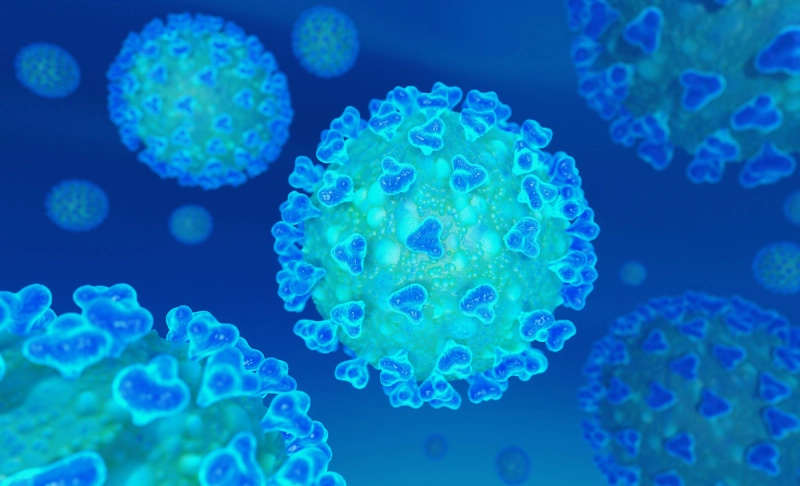By: Aswathi K
November 17 2020
True: Sweden has admitted its coronavirus immunity predictions were wrong.

The Verdict True
The number of cases has been continuously increasing in Sweden since Sept. The chief epidemiologist said the country is experiencing a second wave.
The number of cases has been continuously increasing in Sweden since Sept. The chief epidemiologist said the country is experiencing a second wave.Sweden's chief epidemiologist, Anders Tegnell, acknowledged that the country is experiencing a second wave of coronavirus despite predicting that the country's no-lockdown policy would prevent another surge. He had previously suggested that case numbers would be "quite low" in the autumn compared with other European countries that imposed lockdowns. The "Swedish model" has encouraged residents to maintain social distance voluntarily and allows businesses, restaurants, bars, and schools to remain open. However, the latest figures show that Sweden is experiencing higher levels of infections, hospitalizations, and deaths than its neighbors, relative to its population size, the Financial Times reported. Sweden saw a surge in cases in September, and the numbers have been consistently increasing since then. On November 17, Sweden reported 163,884 active cases. Sweden's public health agency also acknowledged that the high number of cases seen in the country in the first wave had not protected it in the second, reported Business Insider. Initially, the country had refused to adopt strict measures to tackle the coronavirus but is now reneging on that. But recently, the country moved to ban the sale of alcohol in pubs and bars after 10 p.m., and Tegnell told Swedes that the government might be forced to introduce travel restrictions across the country "right before Christmas," according to the BBC. The COVID-19 pandemic has given rise to a lot of potentially dangerous misinformation. For reliable advice on COVID-19 including symptoms, prevention and available treatment, please refer to the World Health Organisation or your national healthcare authority.


